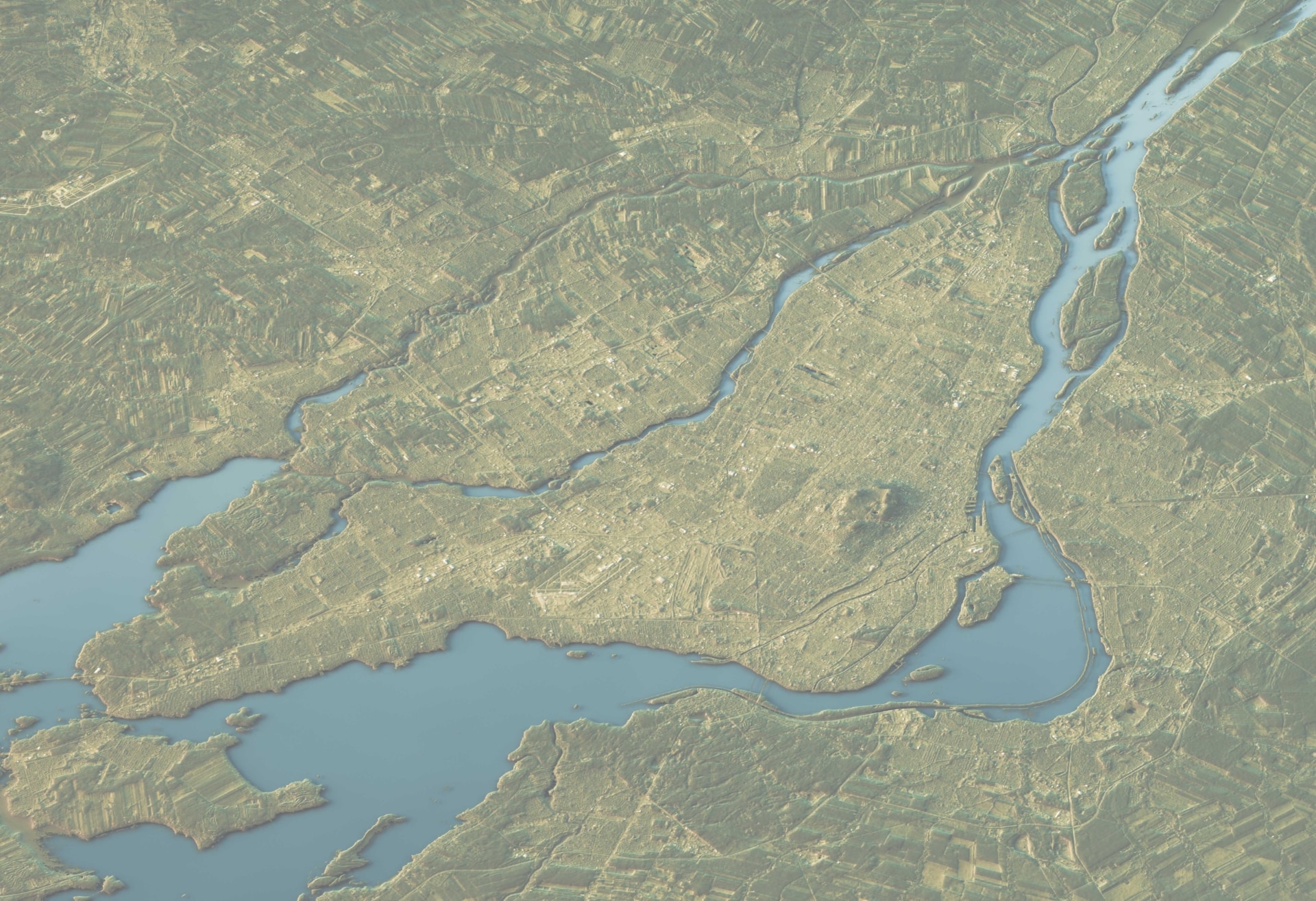When a public body, without formally expropriating an immovable, restricts its use to the point of removing all reasonable uses and therefore depriving the owner of his or her property, Quebec courts have no hesitation in declaring a disguised expropriation and forcing the public body to compensate the owner in accordance with the principles applicable to expropriation set out and recognized in art. 952 C.C.Q.
By adopting Bill 39, the Quebec legislature is confirming the jurisprudential principle recognized by our Court of Appeal and by the highest court in the country, that the only applicable test in matters of disguised expropriation is that of the effect of the actions of a public body on the reasonable uses of an immovable. Thus, despite the exercise of an act by an authority in full compliance with the Act respecting land use planning and development, the legislator expressly provides that this act may result in the disguised expropriation of an immovable if it has the effect of preventing the exercise of any reasonable use possible on the immovable in question.
The new Bill 39 also establishes the following principles:
1) An immovable may be considered to be susceptible of reasonable use when the interference with the right of ownership is justified in the circumstances;
2) The justification for this infringement must be assessed by the Superior Court from a perspective of proportionality, taking into account, among other elements, the public interest, the characteristics of the immovable and the objectives set out in a metropolitan plan, an RCM or an urban plan;
3) There is a presumption that the infringement is justified when it results from an act aimed at 1) the protection of wetlands and hydric environments 2) the protection of an environment of significant ecological value or 3) when the act is necessary to ensure the health or safety of persons or the security of property;
4) The municipality or body wishing to avail itself of the presumption must serve notice on the owner within 3 months of the effective date of the act referred to in paragraph 3;;
5) Where the Superior Court finds disguised expropriation and declares the owner of an immovable entitled to compensation, the Superior Court shall determine the definitive compensation to be paid, as well as the compensation to which the owner will be entitled if the authority decides to do what is necessary to give the immovable reasonable uses within the time limits set out in the Act;
6) The municipality or body declared by the Superior Court to have carried out a disguised expropriation under article 952 C.c.Q. has the choice of acquiring the property in question by paying the expropriation indemnity determined by the Superior Court or amending its by-laws to allow reasonable use of the immovable. It must inform the Superior Court of its choice within 4 months of the judgment and proceed in accordance with this choice within 9 months of the judgment;
7) If the municipality or body chooses to acquire the property, the Superior Court must order payment of the compensation determined and order the transfer of ownership;
8) If the municipality or body chooses to cease the act and the act does not cease within 9 months of the judgment, the Superior Court, on application by the owner, must order payment of the determined indemnity in addition to any further damage, if any, and order transfer of ownership to the municipality or body;
9) The new system for determining compensation for expropriation set out in the Expropriation Act [1]does not apply to proceedings pending before the Superior Court.
[1] Expropriation Act (2023, chapter 7)


